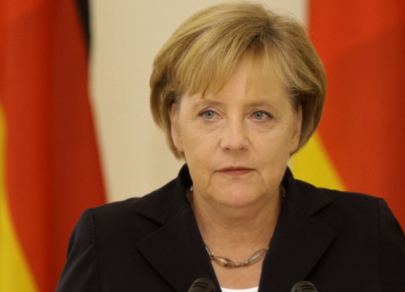FX.co ★ Top 3 economic issues to settle by Germany’s new government
Top 3 economic issues to settle by Germany’s new government
Digitalization
The Ifo Institute believes that Germany is well behind other countries in terms of digitalization. The Berlin-based European Center for Digital Competitiveness conducted a survey that unveiled that Germany ranked 18 out of the Group of 20 leading industrialized and emerging countries (G20). Notably, only Japan and India are doing worse. The government failed to achieve the goal of offering fast Internet through a nationwide network. There are few companies that produce optic cables necessary for access to the Internet. The country is also lagging in the expansion of 5G mobile communication, thus slackening the development of small and medium-sized businesses. A report prepared by Bitkom showed that Germany lacks IT specialists. Most companies complain about the lack of IT consultants, supposing that the situation will hardly improve in the near future.

Chip shortages
Chip shortage is another important problem that the new government has to solve. Germany’s car industry is trying to increase the production of chips. However, the lack of semiconductors and other components slackens the process. Automakers and suppliers use the chips manufactured in Asia and the US. The situation is also aggravated by disruptions in supply chains. According to the Ifo institute, in September, 77.4% of industrial companies reported difficulties in purchases of intermediates and raw materials. The figure jumped to 97% among car companies. Experts at Ifo emphasize that the shortages of microchips and other industrial components are hampering economic recovery. That is why German businessmen are struggling to reduce their dependence on Asian and American suppliers. In alliance with the European Union's executive, Germany and France intend to allocate billions of euros to support construction of local chip and semiconductors factories.

Ageing society
The ageing of the German population is the third key issue that the new government has to settle. In fact, most European countries have faced this problem. The Ifo institute supposes that Germany is getting older due to low birth rates and uneven immigration. Not so long ago, Angela Merkel refused to reform the public pension system and make immigration rules more flexible. Under the existing rules, the age at which Germans can receive a state pension is likely to rise to 67 from 65 years. Earlier, the country’s authorities suggested raising the age threshold to 68 years by 2042. However, Finance Minister Olaf Scholz, who could become Merkel’s successor, rejected the idea. According to the Institute for the World Economy (IfW), in 2023, Germany may reach the employment peak with nearly 46 million people in work. However, a bit later, the number of people leaving the labor market may exceed the number of new employees. As a result, from 2026, the number of working people is expected to slide by 130,000 every year. This, in turn, may slacken the country’s economic growth. However, the problem could be solved by means of higher immigration, better childcare services, and more flexible working time models.






















